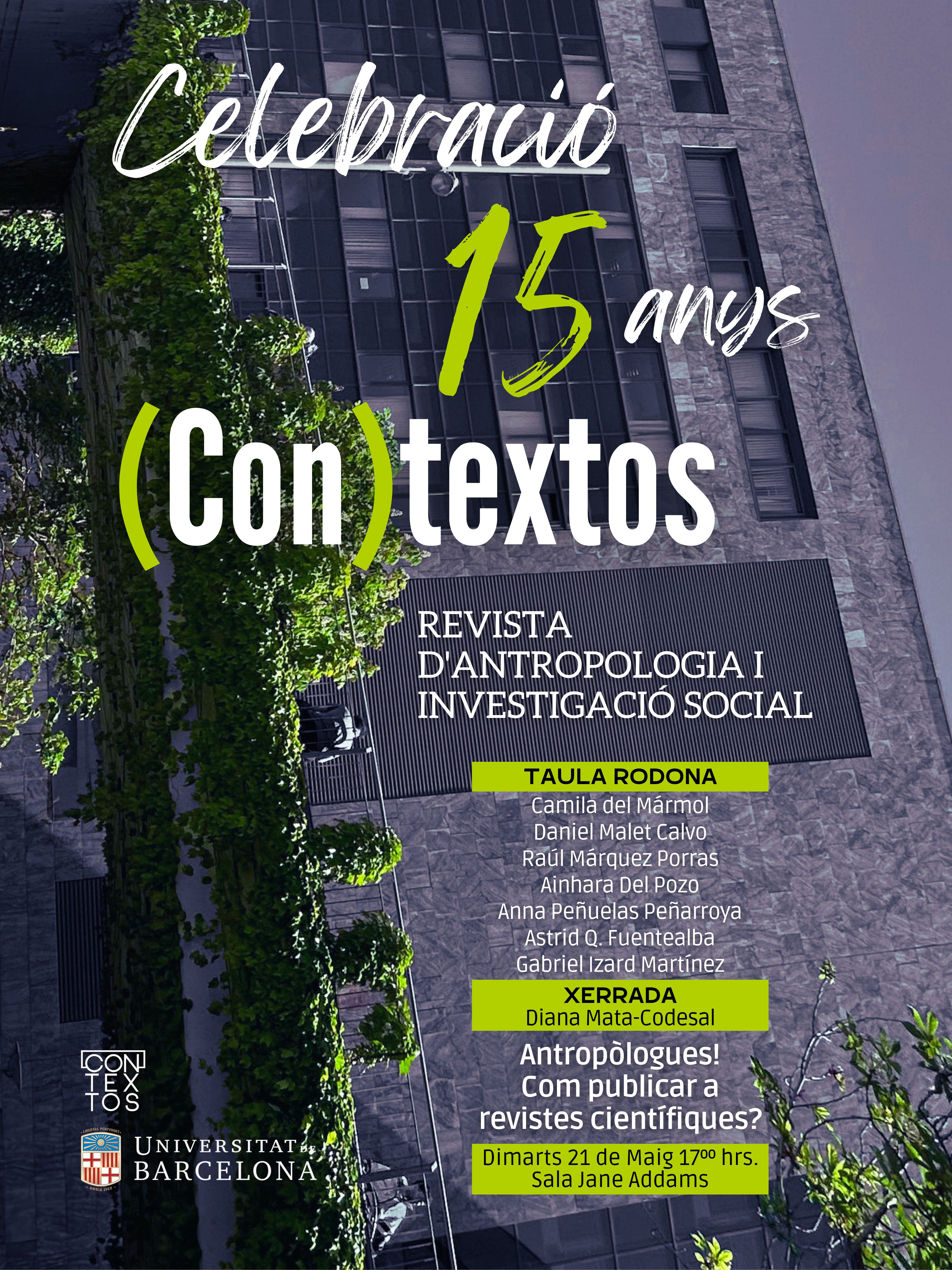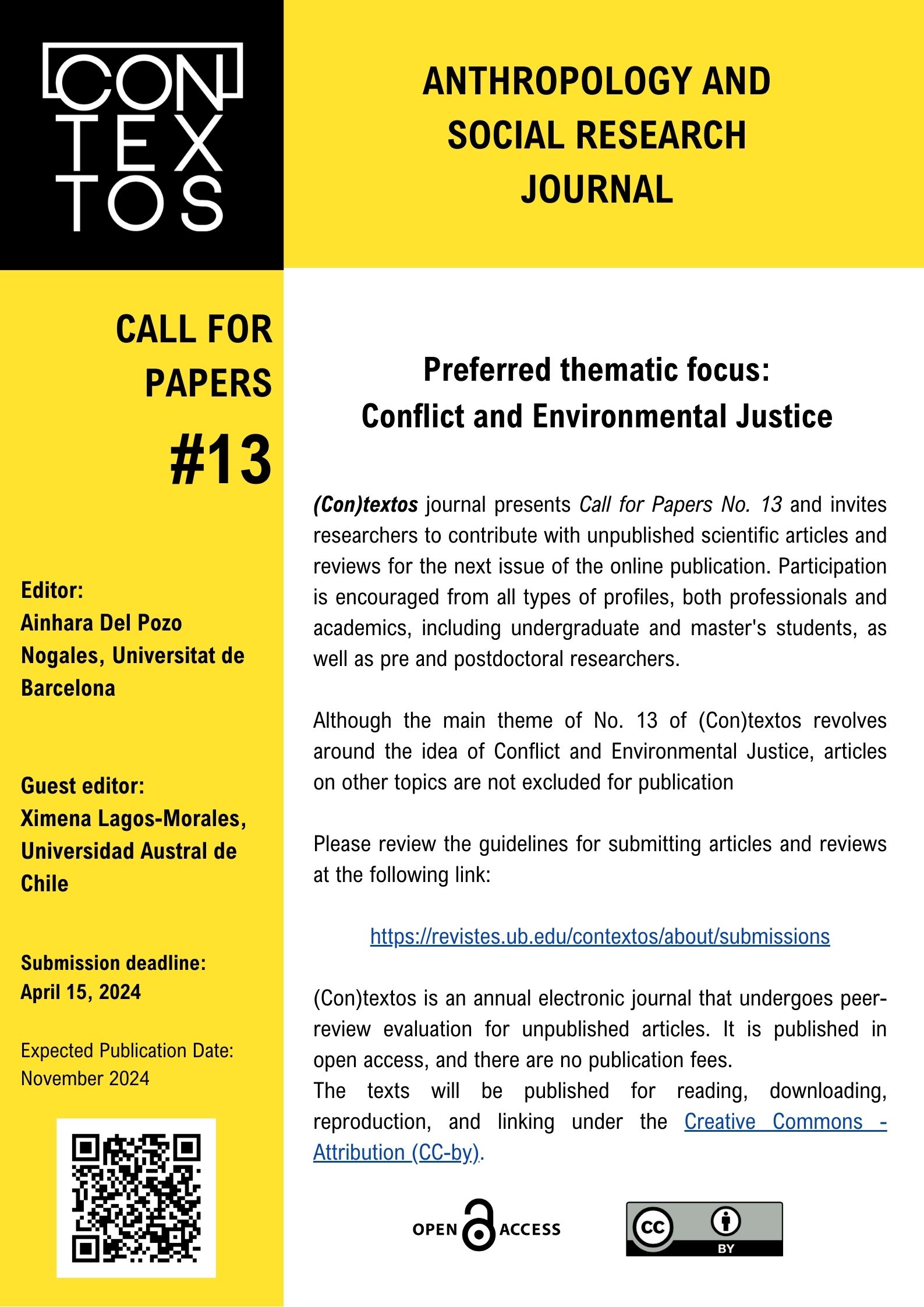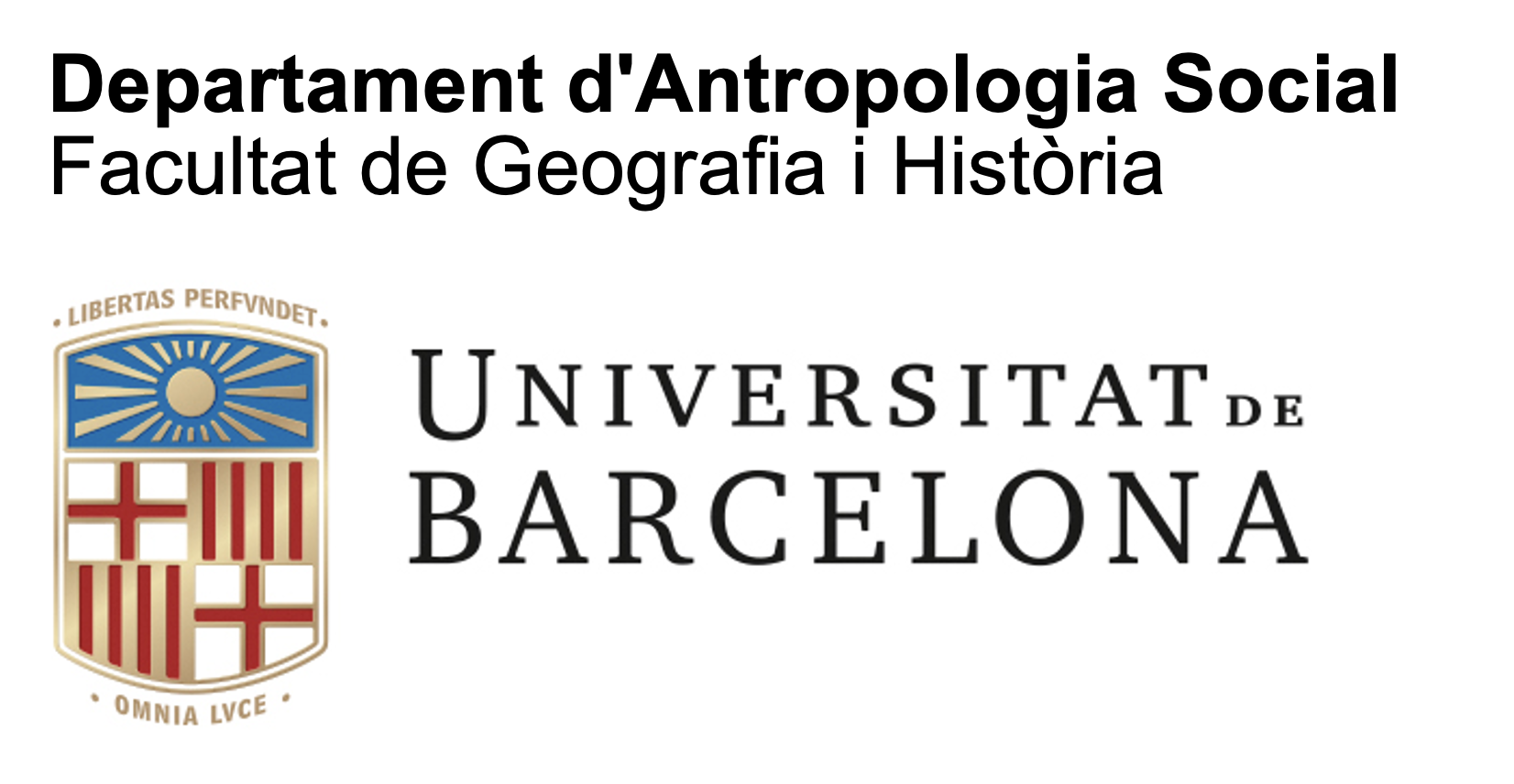Looking for reviews
At (Con)textos, we are already preparing Issue No. 14, which will be published in spring 2025, and we are opening a specific call for Reviews.
The guidelines for submitting reviews are as follows: the length should be between 2,000 and 3,000 words. It must include the following information: (a) Books: title of the work, authors; information about the original edition (year, place of publication, and publisher) and the reviewed edition (if it is different or a translation). (b) Theses or dissertations: title, authors, academic institution and department, year of submission, and advisors. These submissions will not go through blind peer review; instead, their relevance will be evaluated by the (Con)textos Editorial Board.
Submissions must be attached in a document using this template (available in Catalan, Spanish and English) and uploaded through the "Submissions" section of the website.
For any questions, please contact us at contextos@ub.edu











